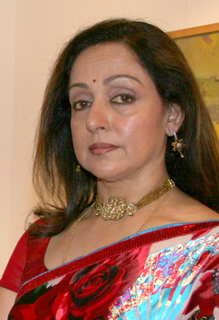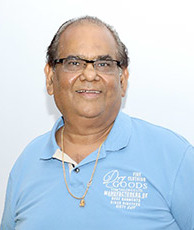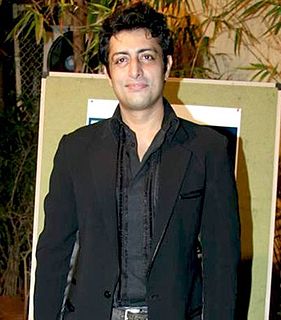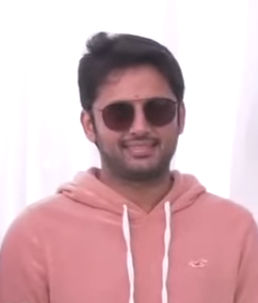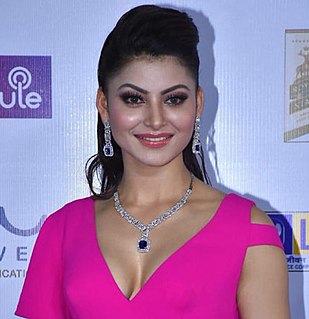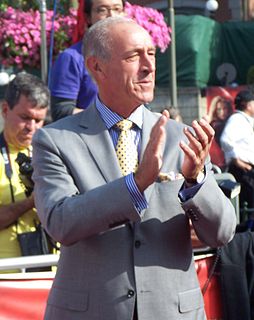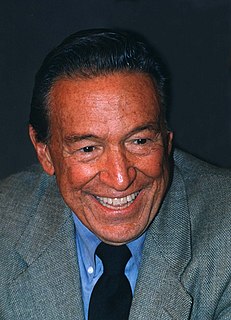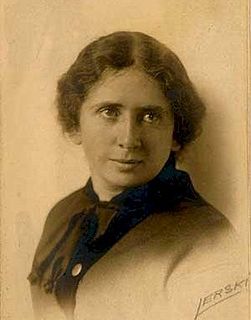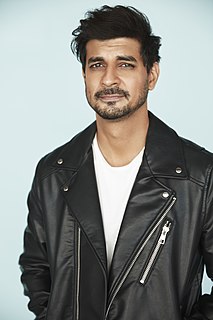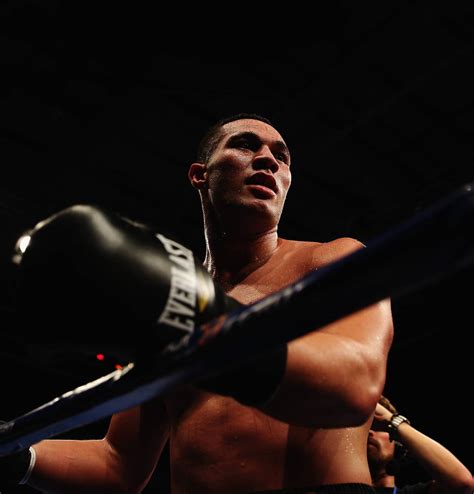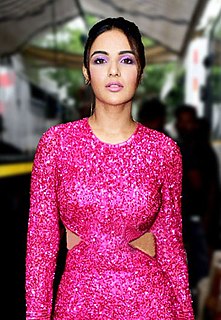A Quote by Hema Malini
After 'Dil Aashna Hai,' I became busy, as my daughters Esha and Ahana were growing up, and I had to look after them.
Related Quotes
After 9/11, it became clear that we [the United States] had to do several things to have a successful strategy to win the global war on terror, specifically that we had to go after the terrorists wherever we might find them, that we also had to go after state sponsors of terror, those who might provide sanctuary or safe harbor for terror.
I had a cup of tea with Michael Howard after my appointment shortly after I became Home Secretary, and without telling tales out of school, shortly after I became Home Secretary, and he said that when people used to ask him whether he enjoyed it he'd reply that "enjoy" wasn't quite the right description.
The atom bomb fueled the entire world that came after it. It showed that indiscriminate killing and indiscriminate homicide on a mass level was possible ... whereas if you look at warfare up until that point, you had to see somebody to shoot them or maim them, you had to look at them. You don't have to do that anymore.
